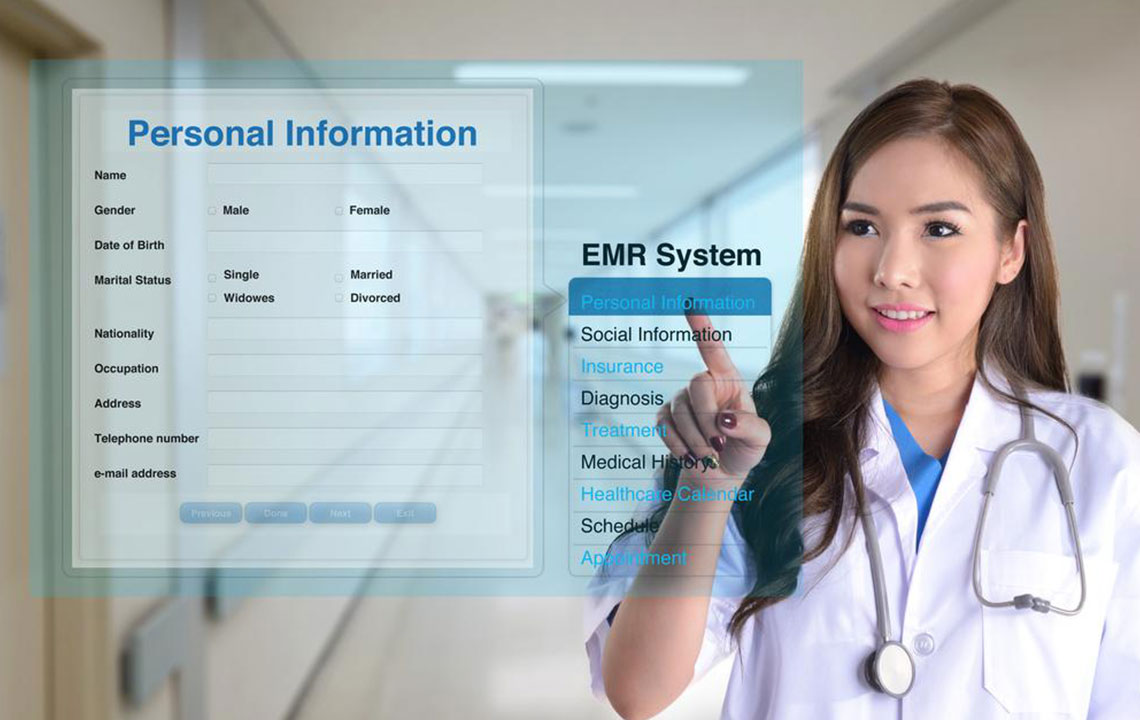Comprehensive Guide to Seamless Medical Record Transfers During Relocation
This comprehensive guide offers detailed steps and legal insights for efficiently transferring medical records when relocating. It emphasizes early planning, proper documentation, and understanding HIPAA rights to ensure a smooth transition and uninterrupted healthcare. Whether moving across town or across states, this article provides essential tips for managing your health information securely and effectively.

Comprehensive Guide to Seamless Medical Record Transfers During Relocation
Relocating to a new city or state can be an exciting yet challenging experience, especially when it involves transferring your essential medical records. Proper management of your health information is crucial for maintaining continuity of care and avoiding disruptions in treatment. Although the process may seem complex at first glance, with detailed planning and understanding of the procedures, you can ensure a smooth transition. This guide provides detailed steps, tips, and important legal considerations to help you navigate medical record transfers efficiently and securely.
Start Planning Well in Advance
One of the most critical steps is initiating the transfer process early. Medical records requests can take anywhere from one week up to a month, depending on the healthcare provider’s policies and the volume of records involved. Starting early not only prevents last-minute stress but also ensures enough time for your provider to prepare and deliver the necessary documents. Be aware that if the transfer extends beyond 30 days, healthcare agencies are legally required to provide a clear explanation of any delays. Planning ahead helps you avoid gaps in your medical history, ensuring your new healthcare provider has all the necessary information from day one.
Submit a Formal Written Request
Before your move, reach out to your current healthcare provider and formally request a copy of your medical records. Most providers require a written request, which should clearly specify the scope of the records you need—whether a full medical history, specific reports, or recent test results. Some providers may have their own forms or templates, while others accept simple written letters. Be prepared to pay a small fee, which is standard practice, to cover administrative costs, regardless of how long the records search takes. Requesting records ahead of time ensures they are ready when you need them and reduces delays during the actual transfer process.
Understanding the legal framework governing medical record sharing is fundamental. The Health Insurance Portability and Accountability Act (HIPAA) affords patients specific rights concerning their health information. Under HIPAA, you are entitled to access, obtain copies of your records, and request direct transfers to your new healthcare provider. These rights empower you to take control of your health information, ensuring privacy and security during transfers. Always specify whether you require physical copies or electronic access, and confirm your preferred method of transfer with your provider.
Prepare all necessary documentation meticulously. Completing transfer request forms requires detailed personal information such as your full name, date of birth, address, and contact details. When coordinating between providers, you might need to sign a release or authorization form. Ensure you understand the specific procedures, and follow all instructions provided by your healthcare provider or health information management organization. These preparations help prevent delays, miscommunications, or missing records, streamlining the transfer process.
After initiating the transfer, stay proactive by maintaining communication with both your current and new providers. Confirm that the transfer has been completed successfully, and request confirmation documentation if available. This not only offers peace of mind but also ensures that your complete health history is accessible at your new location, which is vital for ongoing treatment, emergencies, and medical decision-making.
In conclusion, managing the transfer of your medical records efficiently involves early planning, understanding your legal rights, meticulous documentation, and proactive communication. By following these comprehensive steps, you can ensure that your health information remains intact, secure, and accessible throughout your relocation process. This attention to detail helps you maintain uninterrupted healthcare services and safeguards your health in your new environment.




